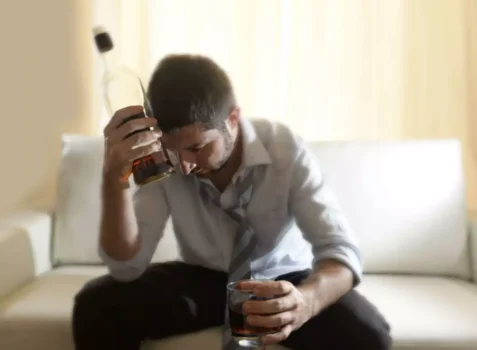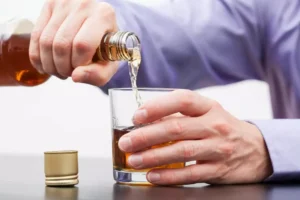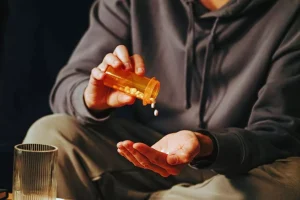9 Healthy Things That Happen to Your Body When You Stop Drinking for 30 Days or More

The brain also begins to repair some of the damage and shrinkage you may have experienced while drinking. One study showed that after 6 weeks what happens when you stop drinking alcohol of abstinence from alcohol, brain volume increases by an average of 2%. When you stop drinking, various things happen to your mind and body.

It May Reduce Cancer Risk
For instance, Dasgupta cited research he conducted on the relationship between genetics and alcohol misuse. He noted that people of Chinese and Indian descent do not benefit from drinking alcohol due to a genetic reason that isn’t fully understood. The current Dietary Guidelines for Americans recommend that alcohol should be consumed in moderation — up to one drink per day for women and up to two drinks per day for men. One of the most significant benefits of giving up alcohol is that you may increase your lifespan. Alcohol misuse can lead to serious health problems like liver disease and cancer. So, giving up alcohol can help you to avoid these potentially deadly diseases.
Health Categories to Explore

The medical professional who evaluated your AWS symptoms may suggest daily follow-ups via telephone or video chat to check on your symptoms and progress. Once you stop drinking, though, the sudden change may come as a shock to your brain, which altered some of its chemistry to make up for the alcohol’s presence. Seizures often occur in the early stages of withdrawal, and they may happen in the absence of other AWS.
Women and Alcohol
There are many benefits to giving up alcohol, both short-term and long-term. If you’re considering quitting drinking, these benefits may be just what you need to help you decide. Of course, giving up alcohol is not always easy, and there may be some challenges along the way.
What happens when you stop drinking for 30 days
Because the liver is a tolerant organ, he said positive changes can occur within weeks of going dry. Alcohol can cause problems in relationships, such as conflicts, communication problems, and trust issues. So, giving up alcohol may help you to improve your relationships with friends and family. Along with anxiety and irritability, you may also experience mood swings when you give up alcohol.
How to Sober Up From Alcohol, Cocaine, and Other Substances

The desire to drink is so strong that the mind finds many ways to rationalize drinking, even when the consequences are obvious. By keeping you from looking honestly at your behavior and its negative effects, denial also exacerbates alcohol-related problems with work, finances, and relationships. Binge drinking can have many of the same long-term effects on your health, relationships, https://ecosoberhouse.com/ and finances as other types of problem drinking. Binge drinking can lead to reckless behavior such as violence, having unprotected sex, and driving under the influence. Binge drinking can also lead to alcohol poisoning, a serious and sometimes deadly condition. In severe cases, withdrawal from alcohol can also involve hallucinations, confusion, seizures, fever, and agitation.
Benefits of stopping
- What’s most important is looking at your drinking habits and finding a way to cut back that works for you.
- Over time, the brain can actually get used to the effects of alcohol, causing it to work harder and cause unpleasant or even dangerous withdrawal symptoms like tremors and heart palpitations.
- Your level of risk will depend on how much alcohol you have drunk over the long-term, as well as other factors like family history and lifestyle.
- This includes beer, wine, and liquor, as well as products that contain alcohol such as rubbing alcohol and vanilla extract.
- You have a persistent desire to cut down or stop your alcohol use, but your efforts to quit have been unsuccessful.
After a month, those who refrained from drinking experienced a range of positive health benefits not seen in a similar group of people who continued to drink. On average, the abstainers’ blood pressure decreased by 6%, they lost around 3.3 pounds (1.5 kilograms) and their insulin resistance, which reflects a person’s risk of developing diabetes, fell by 25%. These symptoms may start a few hours or a few days after your last drink of alcohol. Sometimes, symptoms may be severe enough to require medical treatment at a hospital or rehabilitation facility.
